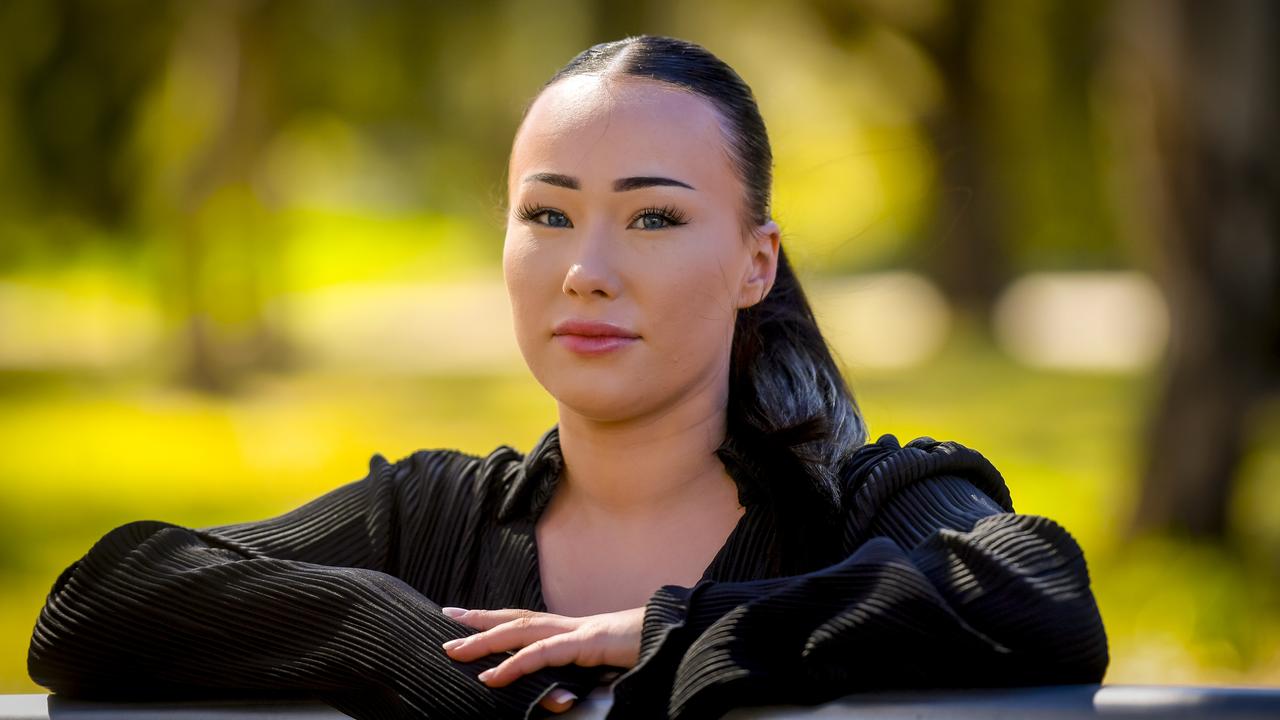Severely disabled SA boy horrifically failed by $2m a year taxpayer-funded NDIS care
An intellectually disabled SA boy has been failed so horribly by his NDIS-funded care he has been involved in more than 500 critical incidents in less than two years.
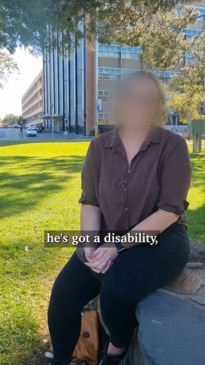
SA News
Don't miss out on the headlines from SA News. Followed categories will be added to My News.
A severely disabled boy was able to take keys from his carers and drive a car for one hour – slamming it into a building – despite taxpayers forking out an incredible $2m a year for him to be looked after.
The 15-year-old – who The Advertiser has chosen to identify only as Boy Y – has been the subject of more than 500 critical incidents requiring the attendance of emergency services and doctors or visits to emergency departments.
He has had five near-death experiences, including a near-miss electrocution, attempting to swallow glass and running on a busy freeway.
The teen’s distraught mother says the abuse and neglect her son has been subjected to – despite the enormous bills charged by agencies to care for him – highlights how broken the NDIS system is.
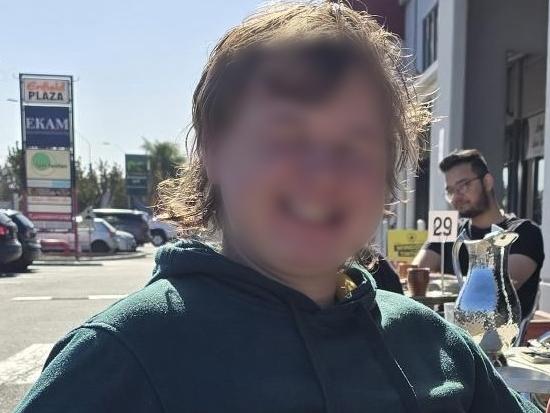
A critical shortage of trained carers also led to Boy Y recently spending almost 10 weeks in the Women’s and Children’s Hospital.
“He had no other place to go and no NDIS provider able to look after him with safe and appropriately trained and qualified carers,” his mother said.
During the hospital admission her son stayed in a hardened room guarded by security staff, at a cost to taxpayers of more than $4000 a day, and still managed to run away up to six times, she said.
Outside hospital two taxpayer-funded carers are paid to care around the clock for Boy Y, who has a chromosomal deletion disorder, low IQ and diagnoses of autism, ADHD, Intermittent Explosive Disorder and gross motor delay.
His $2m annual care bill includes a $1.2m NDIS package and about $800,000 funding from the South Australian government for housing, home hardening, utilities, food, health, mental health, emergency services and school support.
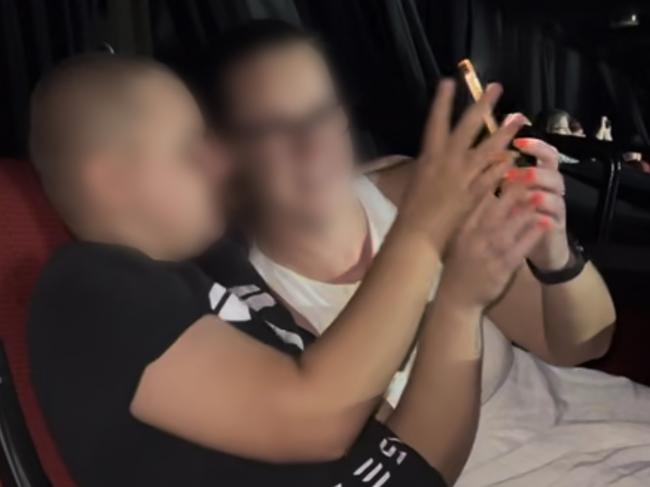
He is one of a handful of Australian children with complex disabilities who live away from their families in what is known as voluntary out-of-home-care (VOOHC).
Parents maintain guardianship of their children but receive extra support through an agreement between state and federal authorities.
A state government spokeswoman said it was “committed to providing the best possible care and support to (the family) … acknowledging the high level of complexity involved”.
But his mother claims there are still routine failings by NDIS providers, with “absolutely no ramifications”.
“Providers can charge up to $150 an hour yet pay underqualified (workers), or people with no qualifications, far less an hour to provide inappropriate, dangerous, harmful, neglectful care that is a denial of basic human rights,” she said. “He’s still a human and he’s been dehumanised. I am begging for help to keep my son safe.”
Since August 2022, when the boy went into VOOHC, he has been the subject of more than 500 critical incidents.
From December until March of this year – under one provider – he was involved in more than 100 critical incidents. On one occasion staff paid to care for him sat in their car while he went to a skatepark and hung around with a group of youths who were allegedly drinking alcohol and smoking.
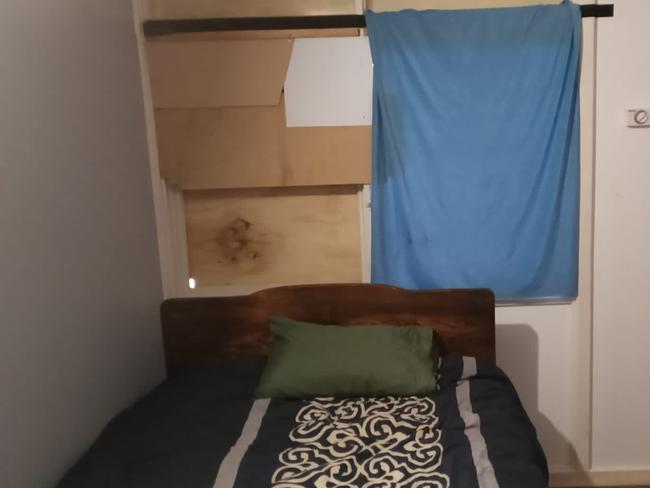
“The carers were supposed to be offering 24-hour care but they were allegedly tracking him on air tags through a phone from a distance claiming their safety was compromised,” the boy’s mother said.
On another, he was out alone and missing until 1am.
“They (the carers) failed to report 19 critical incidents of neglect within the first six weeks caring for him, including one time when he was missing for over two hours,” she added.
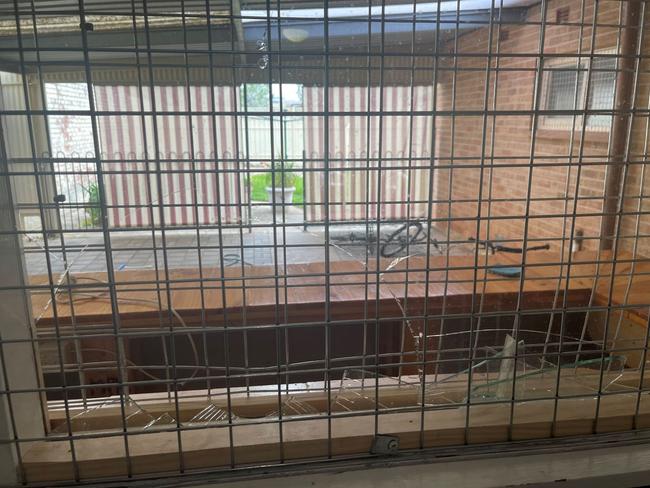
In another incident, Boy Y smashed dozens of holes in the walls and doors of his care home with a cricket bat.
“The incident when he was able to obtain the keys to a vehicle and drive around for an hour on busy streets, at 5pm in weekday peak hour traffic along North East Rd, was terrifying and could have resulted in members of the public losing their lives”, his mother said.
The incident, in February, involved a Honda sedan.
“They allege they didn’t see him get the keys. I was so worried he was going to kill someone or himself.
“He only stopped when he crashed into a building.”
The failings come despite numerous reports from specialists that anything less than 2:1 care would lead to “risk of severe harm, injury or death” to the boy, staff, family and community members.
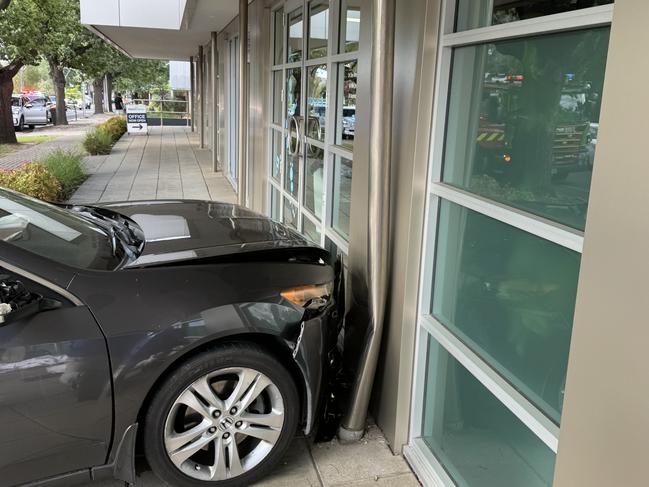
Boy Y is one of 600 children across the country – including 66 in SA – living in VOOHC. Many are on taxpayer-funded packages of more than $1m a year. An NDIS spokesperson said the National Disability Insurance Agency (NDIA) was “committed to working with state government systems to make sure participants … are safe and supported”.
“Children and young people with complex needs and behaviours of concern, as well as their families and carers, rely on a support network across federal and state government systems that meets their needs,” they said.
Boy Y’s mum said wrangling between state and federal authorities and turf wars between mental health and disability sectors made it impossible to hold anyone to account. “They (care agencies) are paid for a high-intensity service and they bill at a high intensity level but there are no checks and balances and no one checking that this is what is being provided,” she said.
“Now it’s left up to police, the fire brigade and ambulances and he ends up in hospital because there’s no one else. The nurses are incredible but they are put in a position to provide care that is a state and federal disability-related responsibility, not a health system fall- back. There was no provider of last resort, no back-up and people with no qualifications looking after him.
“We’re moving from crisis to crisis. They are all shutting their doors and I can’t get anyone (to help).”
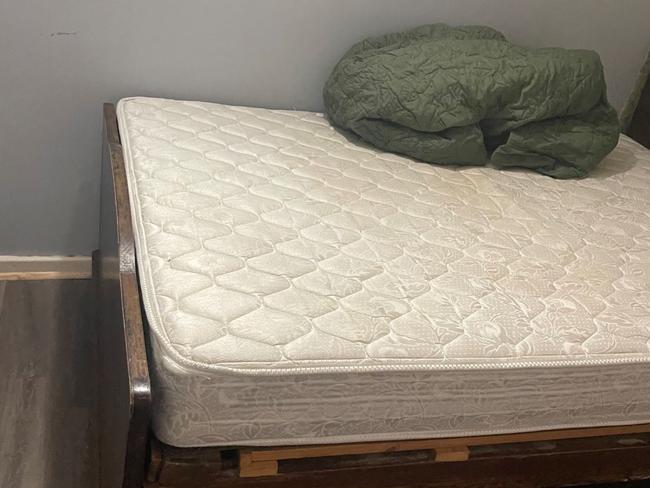
The boy’s mother has repeatedly raised her son’s case with SA Premier Peter Malinauskas, Health Minister Chris Picton and Human Services Minister Nat Cook.
Following inquiries to their offices, a government spokeswoman said authorities held fortnightly meetings with the boy’s mother “to discuss his care and support”. At least $60,000 had been spent on modifications to the rental property where Boy Y lived “including hardening and repairs”.
SA opposition disabilities spokeswoman Heidi Girolamo said: “We simply cannot accept that if a provider withdraws its services, a child with disabilities is then left in hospital for months on end because there are no other options. I know of many other families … who desperately need both our state and federal governments to act and bridge the gaps that are preventing those accessing the support they need.”
Federal Disability Minister Bill Shorten said it was an “extremely challenging” matter and “everyone has done everything they can to help this participant”.
The boy’s mother called for an opportunity to sit down with Mr Shorten and “enable immediate changes before lives are lost and these children and families are failed further”.
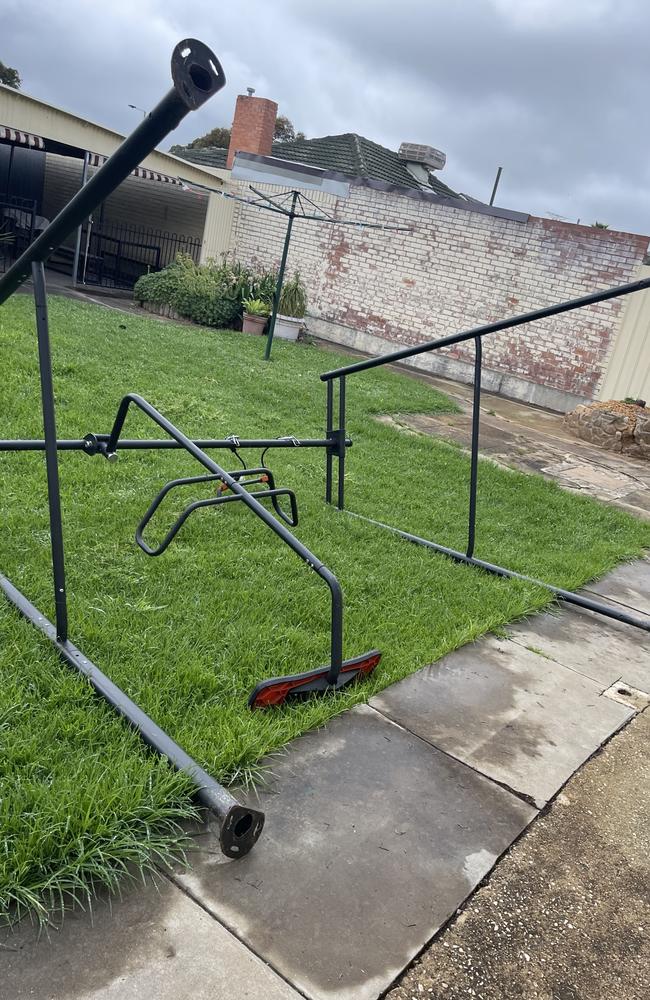
What is voluntary out-of-home care
Voluntary out-of-home care is where there is no court order requiring a child to live out of their parent’s care. The parent consents to a voluntary arrangement with a service for the temporary care of their child either in a separate residence or a shared residence of a disability service. The child is looked after or by carers, who may be volunteers assessed and trained to care for them in their own home, or employees who care for children in residential facilities.
Before a child is placed in out-of-home care, a parent must sign a child care agreement. These agreements authorise the service to provide for the child’s care and ensure parents are aware of their rights and responsibilities. Parents retain parental responsibility over their child.



